Hurricane Matthew makes landfall in Cuba after ripping through Haiti

The fiercest Caribbean storm in almost a decade has made landfall in Cuba after ripping through Haiti and the Dominican Republic, with at least seven people feared dead.
The United States is now bracing for the storm’s impact and a state of emergency has been declared in three US states – Florida, Georgia and South Carolina.
South Carolina governor Nikki Haley also announced that she would issue an evacuation order on Wednesday so that one million people would have time to leave coastal areas, and Florida governor Rick Scott activated the state national guard on Tuesday afternoon. In a press conference, Scott said the state should “prepare for a direct hit”.
According to forecasts by the US National Hurricane Center (NHC) the storm could make landfall in Florida as soon as Thursday.
The NHC issued hurricane and tropical storm warnings for
The category 4 storm made landfall near Les
The NHC also warned residents of Cuba and the Bahamas that the hurricane “is likely to produce devastating impacts from storm surge, extreme winds, heavy rains, flash
In Haiti, one man died when a wave crashed through his home in the beach town of Port Salut, Haiti’s civil protection service said. He had been too sick to leave for a shelter, according to officials. A fisherman was also missing, they said.
“It’s much too early to know how bad things are but we do know there are a lot of houses that have been destroyed or damaged in the south,” Marie Alta Jean-Baptiste, the director of the country’s civil protection agency, told the Associated Press.
Prospery Raymond, country manager for the international charity Christian Aid, said three to five people had been reported dead in Haiti and three children were thought to have been killed in the Dominican Republic. He stressed, however, that there had been no official confirmation.
“The situation in the south of Haiti is very difficult,” he said. “Members of staff have had the roofs of their family homes blown away and churches and schools have been hit too.”
Rivers in the capital, Port-au-Prince, are also rising to dangerous levels after two days of rain.
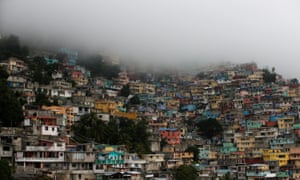
Speaking to the Guardian
Raymond said that NGOs had also been trying to persuade people to leave their houses – something many are reluctant to do for fear of losing their belongings – and seek shelter in safe buildings such as schools and churches.
background-color: rgb(255, 255, 255);">Overnight, Haitians living in vulnerable coastal shacks on the Tiburon peninsula had frantically sought shelter as Matthew closed in, bringing heavy rain and driving the ocean into seaside towns.
The storm is forecast to spread hurricane-force winds and up to 3ft of rain across
The cyclone comes at a bad time for Haiti, where tens of thousands of people still live in tents after a 2010 earthquake that killed more than 200,000. Some 55,000 people are still thought to be living in shelters six years after the earthquake.
Cholera, introduced by UN peacekeepers, is expected to rise in the October rainy season, and the country is due to hold a long-delayed presidential election on 9 October. There have been 27,000 suspected cases of cholera already this year, a third of them in children.
Raymond said there were fears that the hurricane could spread the disease in some communities, “which means we’ll have to intervene as soon as possible and provide the right tools and the right support”.
He said food and money would be needed to ensure people could eat, fix their houses and send their children to school. Raymond also warned that the country would need help for the next 10 to 18 months if it was to recover and if those who had lost their livelihoods were to be supported.
“This is the worst
Matthew is forecast to sweep over Cuba to the Bahamas on Tuesday and possibly reach Florida by Thursday as a major hurricane, though weaker than at present. Governor Rick Scott on Tuesday urged residents to start preparing for “direct impacts” and said heavy rain, spin off tornadoes, high winds and beach erosion were among the concerns. State officials are urging people to have at least a three-day supply of food, water and medicine on hand.
The outer bands of the cyclone reached Haiti late on Monday, flooding dozens of houses in the town of Les Anglais when the ocean rose, the local mayor said. In the town of Les Cayes on the southern coast, the wind bent trees and the power went out. In Tiburon, another town nearby, the mayor said people who had been reluctant to leave their homes also fled when the sea rose.
The storm is expected to make a direct hit
“We are receiving people living in villages prone to flooding,” said Alexis Iglesias, head of the evacuation committee at Guantánamo University which was being used as a shelter.
The US Agency for International Development said on Monday it was providing a combined $400,000 in aid to Haiti and Jamaica. The agency said in a statement it had put relief supplies into position and was preparing to ship
AIMIM News
Latest Urdu News
Most Viewed
Which cricket team is your favourite to win the T20 World Cup 2026?


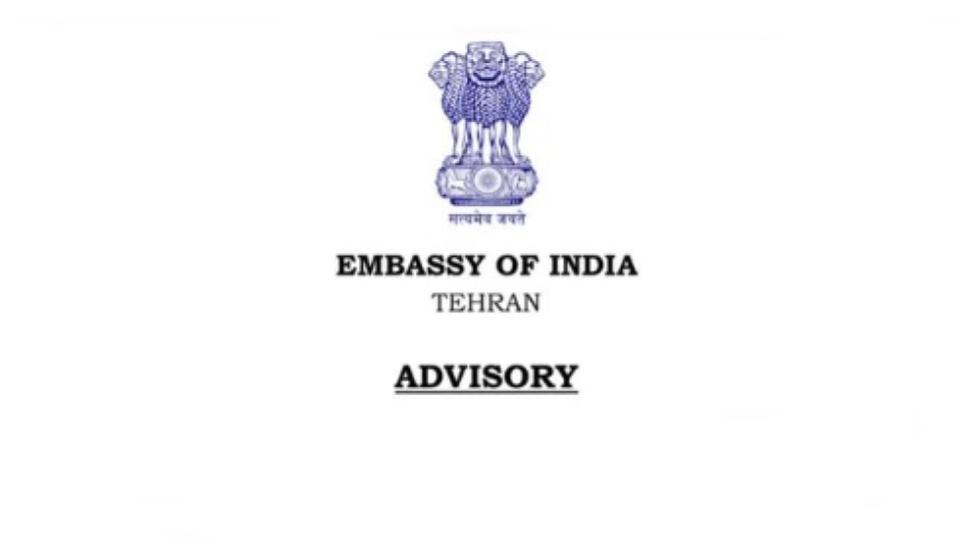

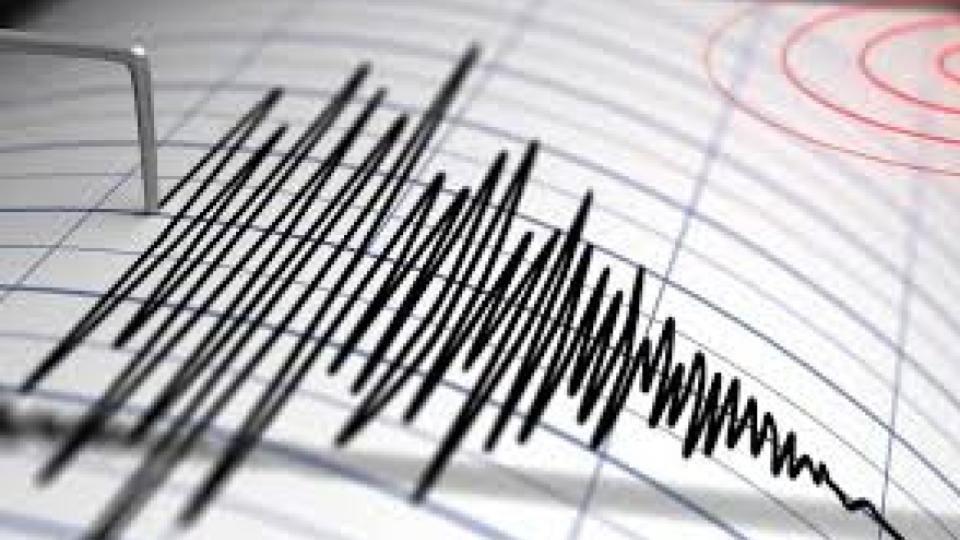

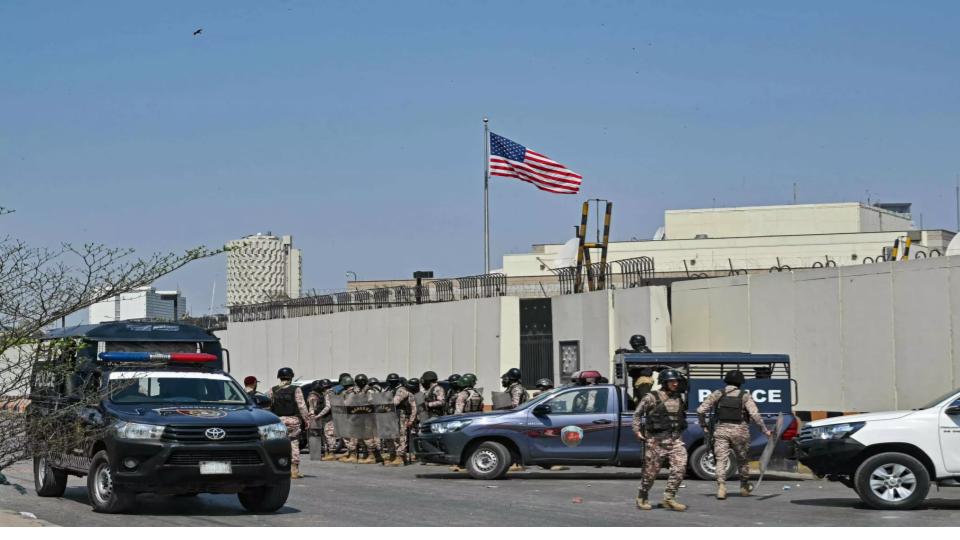
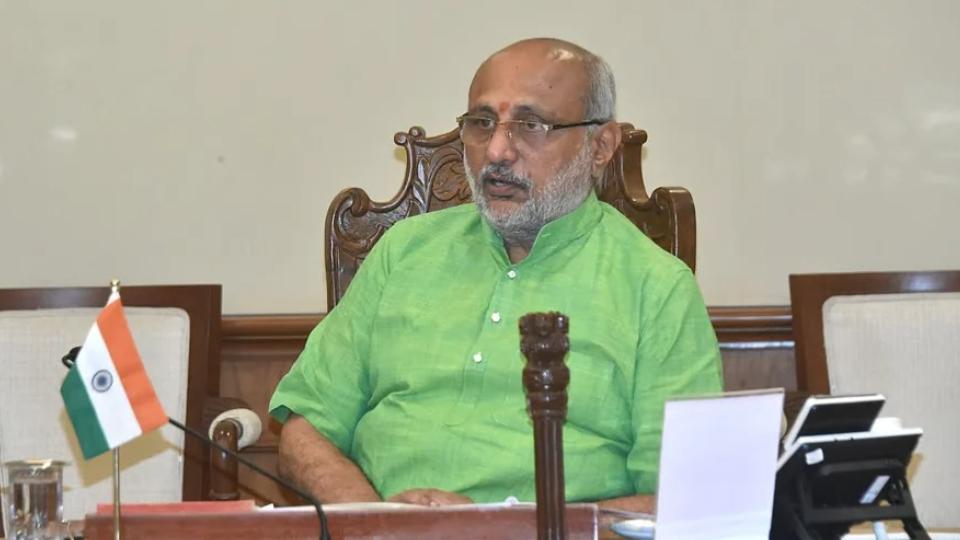




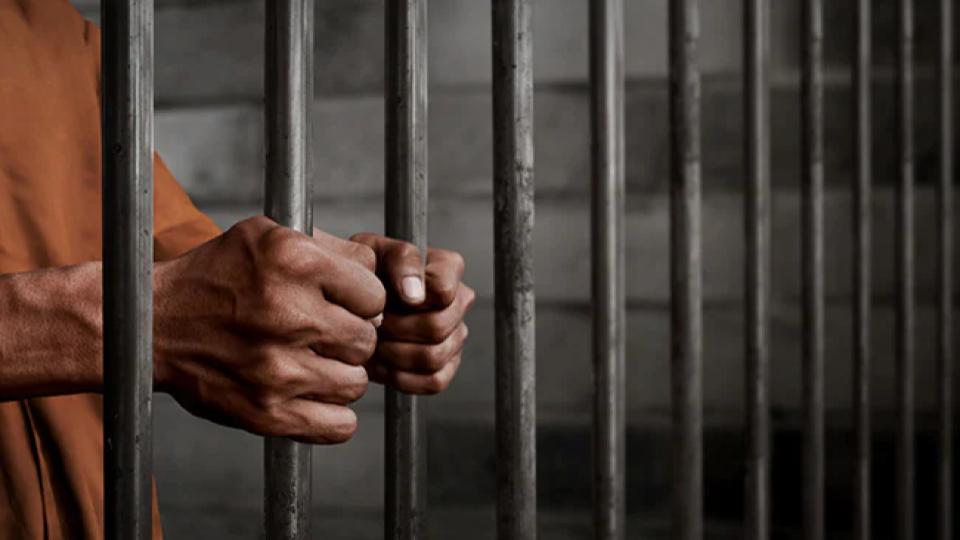
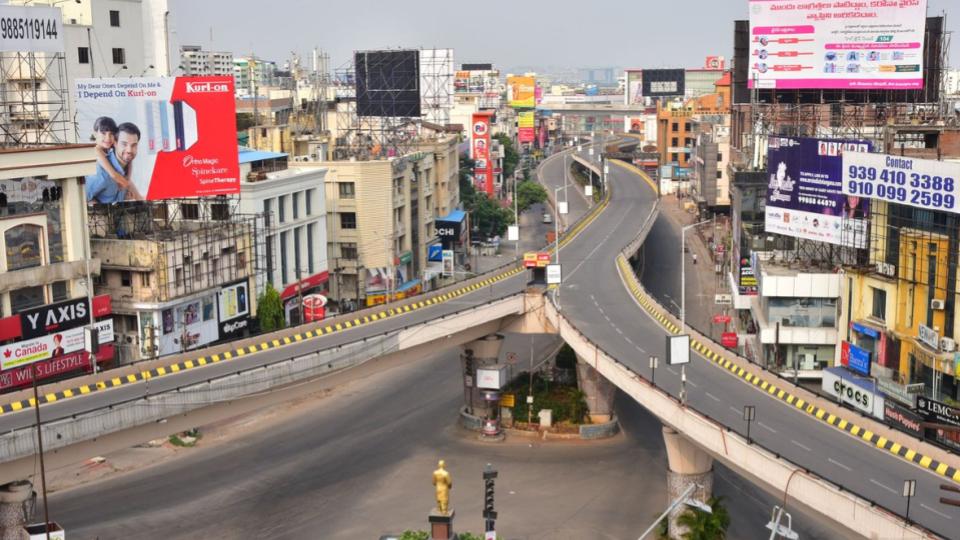




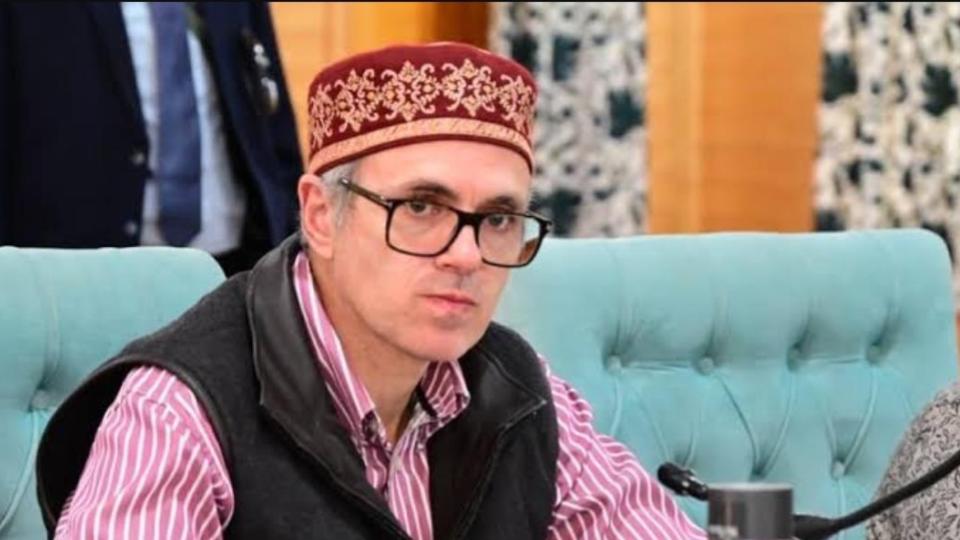




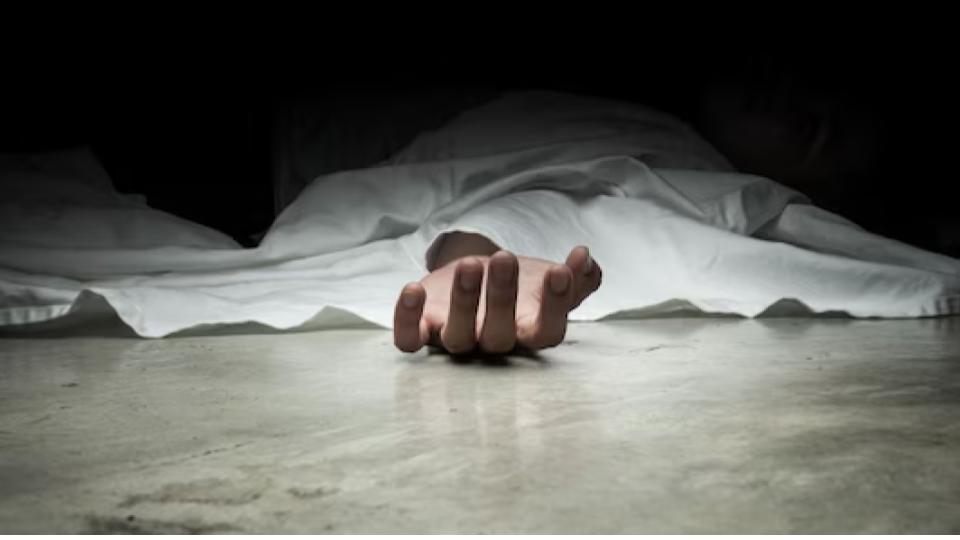













.jpg)
.jpg)
.jpg)


